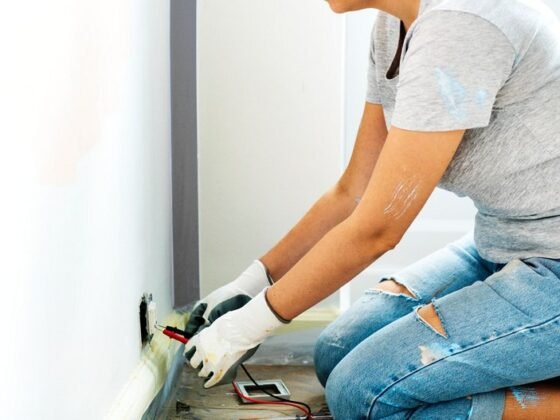So, you are upsizing from a condo to a house. You have set your budget, consulted a real estate agent, and hired a home inspector to make a complete house inspection report for the home you intend to buy.
To your surprise, the inspector disclosed some serious problems with the property. Maybe the foundation had cracks. Or perhaps it was the roof. But, the seller refuses to get everything fixed. Is the seller obligated to make these repairs? What do you think? Is he responsible for fixing everything?

This can all be very disillusioning! People generally misunderstand the purpose of a home inspection. They often view the home inspection report as a to-do list for the seller. But, the fact is that the sellers are not obligated by law or by contract to create a flawless house.
Different scenarios have different requirements. With a termite problem, real estate agreement usually binds the seller to repair conditions classified as “section one” in the report. Section one includes instances of active infestation, like fungus, termites, dry rot, etc.
Other conditions, like earth to wood contact, do not require any action on the part of the seller unless the damage is severe.
Read Also:
- All You Ever Wanted to Know about Building Inspection Services
- Best High Tech Inspection Tools Every Homeowner Should Have
- 9 Things You Must Do Before You List Your Home for Sale
- A Look at the Different Types of Building Inspectors
- Be an Expert: How to Inspect Your Own House
- How to Find a Reliable Home Inspector
After a home inspection is done, most repairs are subject to negotiation, which means the buyer can use the best home inspection report and use it as a negotiation tool. Commonly, buyers request that various repairs be made before closing the deal, and sellers usually agree to some of these demands.
But in most of the cases, sellers get things fixed because they want to, not because they are obligated to. Of course, there also are a few rigid sellers who flatly refuse to fix anything, even at the risk of losing the deal. Fortunately enough, this response is the exception, not a rule.
Sellers have the right to refuse repair demands, except in cases that involve the law, local ordinance, or the real estate purchase contract.
Contracts generally specify that fixtures must be in working condition before the deal is closed, that there be no leaks in the plumbing or the roof, and that windows not be broken. Legal obligations include smoke detector in specific locations and earthquake straps for heating appliances.
It is very important to carefully evaluate the home inspection report before making any demands of the seller. Look towards problems of great significance; look for conditions that compromise health and safety or involve leakage of any type.
Most sellers will attend problems affecting sensitive areas such as the fireplace, roof, electrical wiring, or gas fixtures.
Routine maintenance items call for a lesser degree of concern and should not be forced upon the seller. If the house is not newly constructed, it does not make sense to press upon correction of all defects.
Such demands can break the deal. Your willingness to negotiate the terms and to accept minor problems may impress the seller to make expensive repairs.
Takeaway
Key-points to remember when buying a house:
- Every house has flaws; no house is perfect.
- A home inspection is done so that the buyer is aware of the condition of the property.
- A seller doesn’t necessarily have to make all repairs on the house.
Depending upon the condition of the property, some repairs might be negotiable, and the seller may agree to make some repairs. The purpose of a home inspection is not to corner the seller with a required repair list, it is to know what you are buying before you actually buy it.










